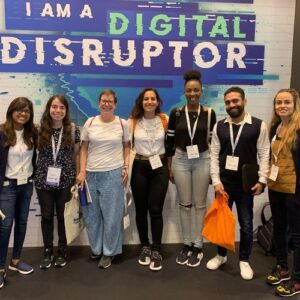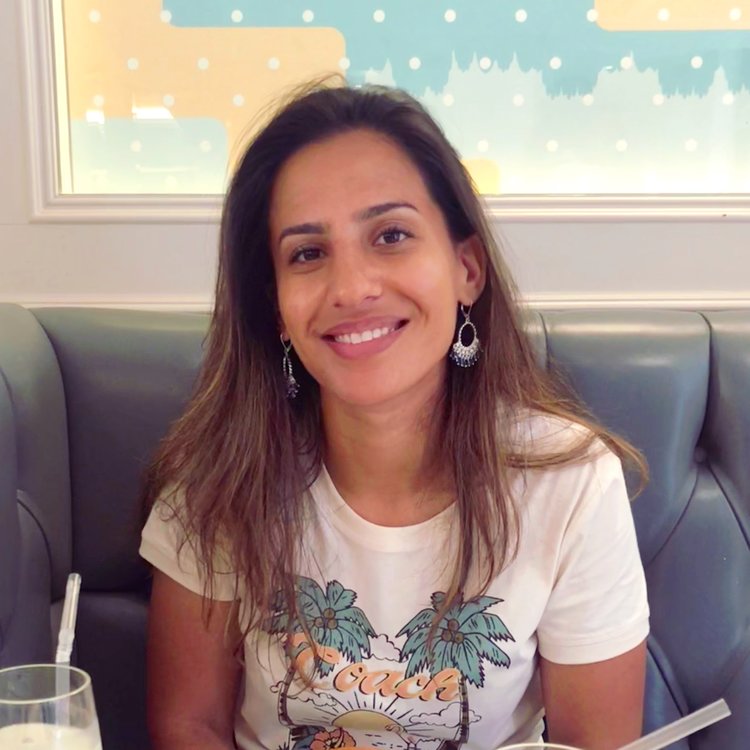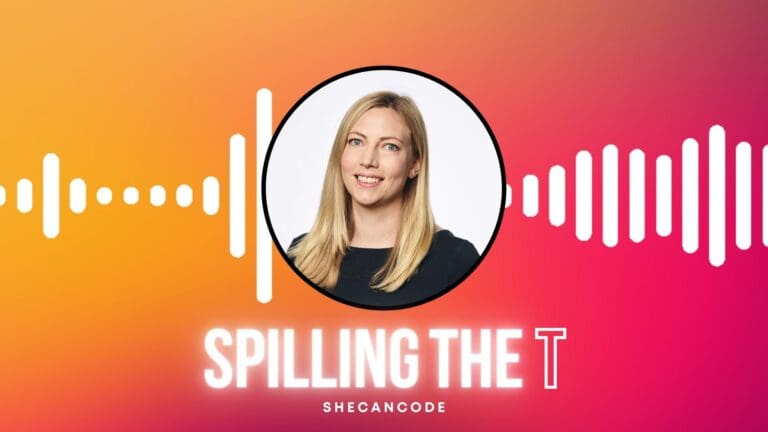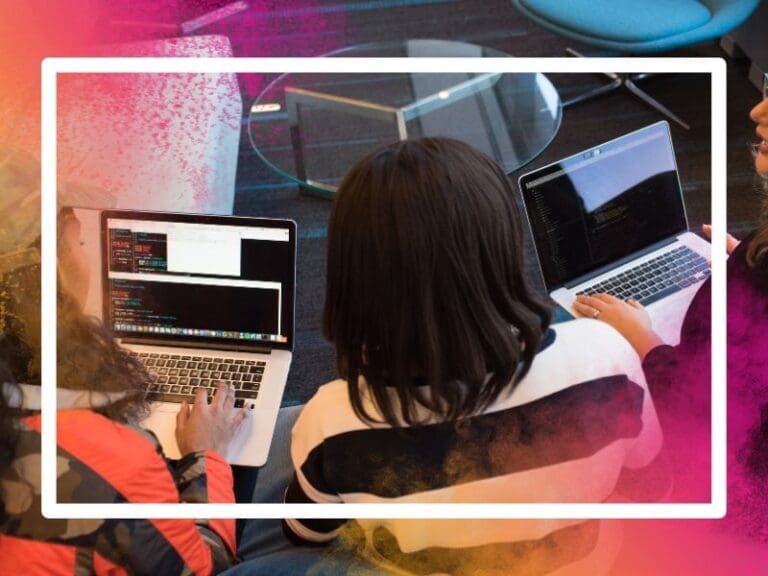What Inspired you to get into Technology?
I think I’ve always had a knack for tech; I was always maintaining the home computer, and started touch-typing at the age of 10, I’ve always enjoyed the idea of it. I did some research on University courses in tech and discovered Computer Science, I started reading into it more and got excited by the syllabus and the idea of coding.
My first job out of Uni was as a Data Scientist at Barclays. Machine learning was new to me, so it involved a lot of learning on-the-go using resources I found online. The courses on edX and Udemy were great.“
It was the exposure to the backend, working as a Data Science Platform Engineer at Barclays that inspired and motivated Natasha to want to move into a software development role.
“I wanted to find a company that could develop and nurture my skills as a junior software developer. I’d been looking at smaller companies and Peak was one that I knew of, and I found the role on LinkedIn. I had heard of Peak because I had actually been using their Brain Training app and thought ‘I’d love to work here and be a part of it!’”
“The more research I did, I saw that computer science didn’t have any diversity, so I knew that it was a good career choice to make as a girl.”
What do you enjoy most about Peak and your role?
At Peak there is constant access to support, and you are encouraged to take ownership of the work you are doing! Leadership is also encouraged, to bring your projects to fruition.
How does Peak currently promote inclusivity within the workplace?
Peak itself has around 65 employees, but the Rise team has 10 of us. Peak is split into the 3 apps (Brain Training, Rise & Quixel), but I’m also part of the Backend team for the whole of the company. So, I’m one of five Backend Engineers and the only girl.
The actual gender-split for Peak as a company is really good, I think it’s 44% women, and still improving.
Peak is also part of the Tech Talent Charter, which is a pledge to improve Tech talent diversity.
How important is mentorship?
Super important. At Barclays I had a mentor who was a Managing Director. I spoke to her on a regular basis about career paths and for advice. We are still in contact now which is great.
It is possible to find mentors outside of the companies you work at, there are LinkedIn groups and Slack Groups that offer mentor support.
Role models and mentors are really important to change people’s perceptions of what working in the tech industry is like, especially for women.
If you had to teach One Lesson from your past experiences and challenges to young women trying to get into tech, what would it be?
 I know that a lot of people feel it and talk about it, but it is the idea of impostor syndrome. When I started at Peak, I hadn’t done a lot in backend engineering and software development, it was a new world for me. As I started getting into it and learning more, I had to remind myself to back myself and be confident and not put myself down.
I know that a lot of people feel it and talk about it, but it is the idea of impostor syndrome. When I started at Peak, I hadn’t done a lot in backend engineering and software development, it was a new world for me. As I started getting into it and learning more, I had to remind myself to back myself and be confident and not put myself down.
Don’t underestimate yourself, because you’ve got somewhere for a reason and you deserve it.
Advice for those Applying for Tech jobs
- Don’t review a job spec based on what you don’t know – focus on what you can do!
- Believe in the skills you have – you have the capability to learn and develop the other skills.
I hadn’t applied for any software development jobs before, and I think when you look at a job spec you’re going to see a lot more on it than you have experience in, and it’s more common for a guy to look at a job spec and think I can pick that up. Whereas girls tend to highlight and focus on the elements they don’t have. At the end of the day, the spec is what you will be doing, so you need to believe in the skills you’ve got and have the confidence to trust your capabilities to learn and develop the other skills.
At Peak I feel very fortunate that I’ve got the support system to ask for help from the other backend engineers and they don’t see me as a girl, they just see me as a backend engineer, which is great!
What would you have done if you hadn’t ended up in tech?

I’ve always dreamed of working for NASA. [I’m even wearing NASA trainers], I love the space industry, and I like to read up on and keep up to date with the latest news.
Do you find non-technical skills are also important in a tech role?
Yeah definitely, I think in tech the technical skills are important, but they are something you can practice and develop along the way. Having the non-technical skills helps you with everything around that. For example, if there’s a certain feature I need to produce, but I need help for different departments, having the ability to work in a team and ask for help is really useful. Being able to take leadership for the backend of Rise and voice my opinion and having the confidence to formulate it and voice it to the team, they’re all non-technical skills that have helped.
Where do you see yourself in 5/15 years?
Over the next 5 years – becoming a senior software developer, whether that’s purely backend or moving into full stack development. I think being at that level where I’m completely confident in the languages I’m using and being able to mentor and lead a team. In 15 years… I have no idea, reaching a senior level where I can help pave the way for what a tech roadmap should look like, hire the right kind of people, hire the right diversity, that would be cool.
For more top tips on application advice and online resources, head to SheCanCode’s Resource page.







